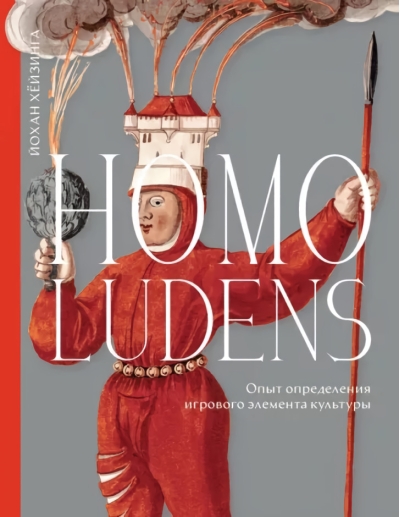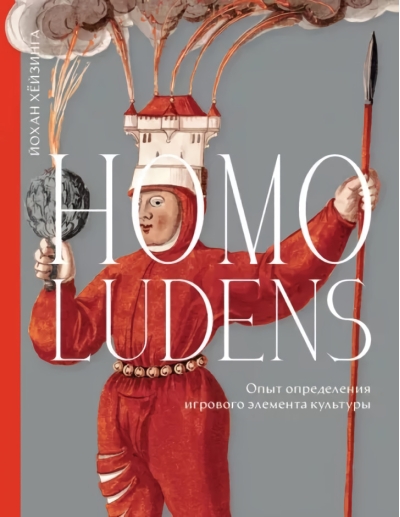Homo ludens: An attempt to define the playful element of culture
39.99 €
Out of stock
Johan Huizinga (1872-1945) was an internationally renowned Dutch historian and cultural critic, professor at Leiden University. His most famous works, which are constantly reprinted all over the world, include the historical treatise "The Autumn of the Middle Ages", the biography "Erasmus", as well as cultural essays "Shadows of Tomorrow" and "The Darkened World".
Homo ludens ("Man Playing", 1938) - a fundamental, which has become a classic study, revealing the essence of the phenomenon of play as an integral element of culture. The whole history of civilization, individual and social life is described in terms of play, as a game. Analyzing the cultural phenomena of many peoples and countries at different stages of development, Hoizinga shows how playful behavior permeates all kinds of human activity. Language, art, love, religion, politics, philosophy, sports, warfare - there is an element of play in all of these. However, Hoizinga detects in his contemporary society signs of the loss of playful forms, the spread of pretense and deceit, the violation of ethical rules, the observance of which presupposes play. All this leads to decadence and moral decay. According to the scientist, "genuine culture cannot exist without some game content", because it has a need for self-cultivation and places itself within some voluntarily accepted boundaries. Culture wants to be played. The edition is decorated with reproductions of artworks from different nations and epochs: from antique vases and medieval miniatures to paintings and engravings by European masters and 20th century photography - all of them illustrate the diversity and universality of play as a universal category of human existence.
Homo ludens ("Man Playing", 1938) - a fundamental, which has become a classic study, revealing the essence of the phenomenon of play as an integral element of culture. The whole history of civilization, individual and social life is described in terms of play, as a game. Analyzing the cultural phenomena of many peoples and countries at different stages of development, Hoizinga shows how playful behavior permeates all kinds of human activity. Language, art, love, religion, politics, philosophy, sports, warfare - there is an element of play in all of these. However, Hoizinga detects in his contemporary society signs of the loss of playful forms, the spread of pretense and deceit, the violation of ethical rules, the observance of which presupposes play. All this leads to decadence and moral decay. According to the scientist, "genuine culture cannot exist without some game content", because it has a need for self-cultivation and places itself within some voluntarily accepted boundaries. Culture wants to be played. The edition is decorated with reproductions of artworks from different nations and epochs: from antique vases and medieval miniatures to paintings and engravings by European masters and 20th century photography - all of them illustrate the diversity and universality of play as a universal category of human existence.
See also:
- All books by the publisher
- All books by the author
- All books in the series Talks on culture































